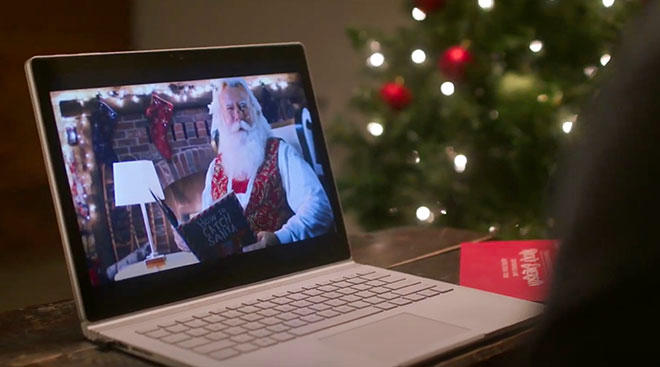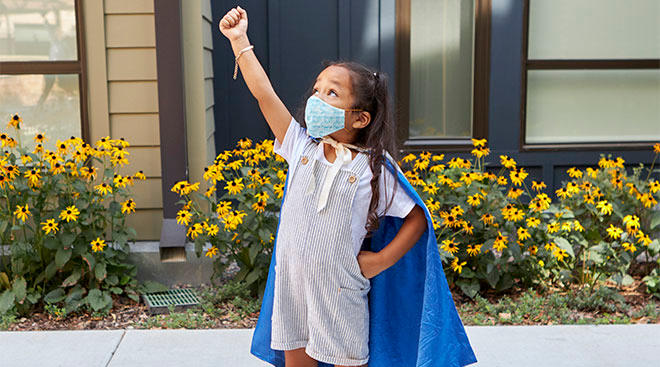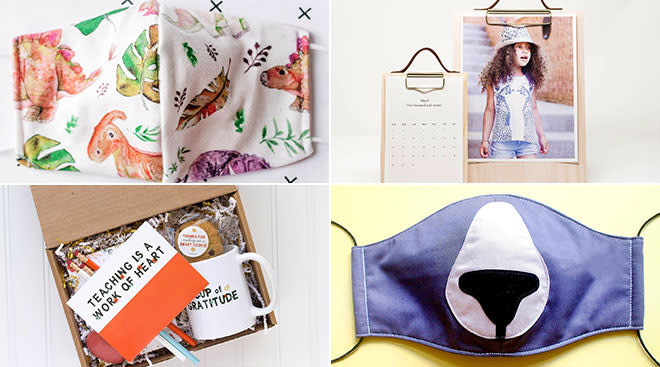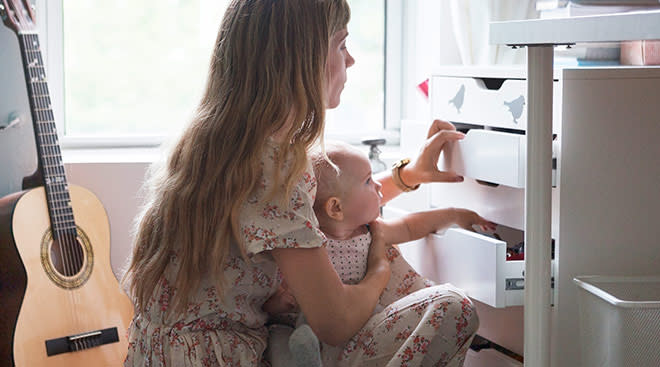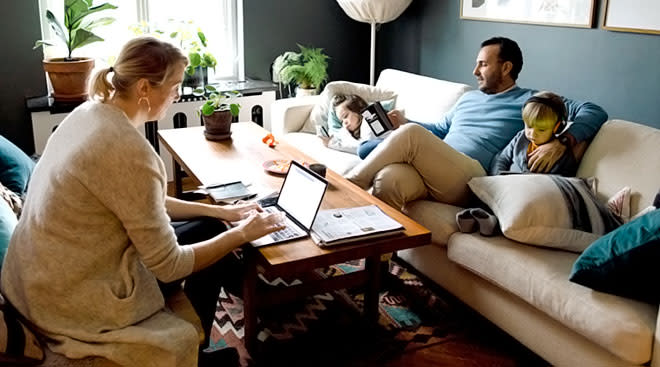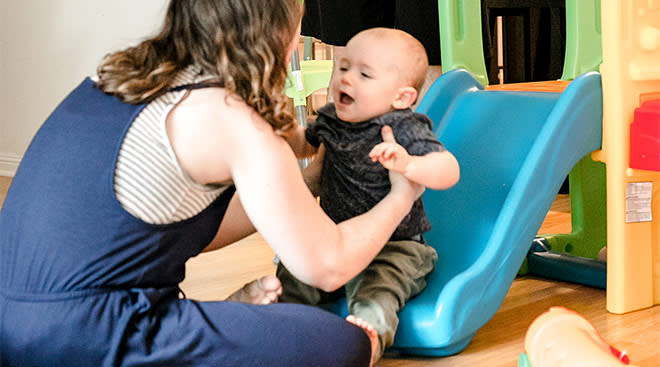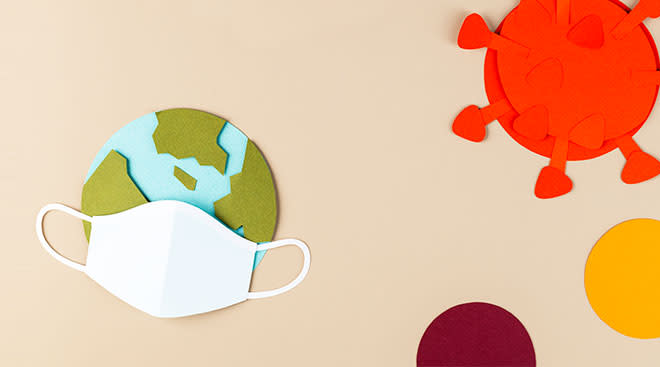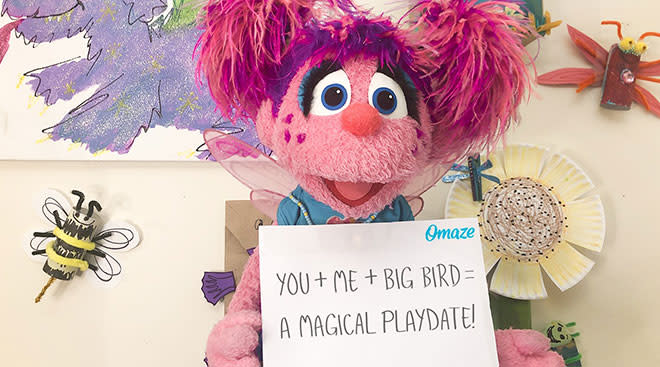Montessori-Based Activities to Help Keep Your Toddler Entertained
With so many families staying home due to COVID-19, many parents are looking for clever ways to help keep their kiddos entertained. Thankfully, there are loads of screen-free, developmental games and activities for toddlers that are rooted in the Montessori philosophy.
While it’s been around for more than a century, the Montessori philosophy has seen an upward spike in popularity in recent years, as more parents are looking to Montessori schools and Montessori toys. The philosophy encourages kids’ independence and creates sensory learning opportunities for them—and it can be easily implemented at home, especially with a thoughtfully designed playspace.
Below, some Montessori-based ideas from Zahra Kassam, CEO and founder of Monti Kids, a company that offers subscription packages of toys that help boost newborn and toddler development. These ideas will help toddlers learn while having fun in these trying times.
A Thoughtfully Designed Playspace
Kassam believes thoughtful design around where and how kids’ toys are stored can make all the difference. “A small shelf with six to eight toys or activities your child loves will help them focus,” she says. You don’t need a specific shelf—the point is to have toys displayed at eye level so they’re easily accessible. “[I] recommend storing your child’s other toys in a closet and rotating them in to keep things fresh. Your child will experience old toys as new again and they will learn from them in new ways.”
A Color Scavenger Hunt
A color scavenger hunt is exactly what it sounds like—have your child identify things that are a specific color and place those items in a basket. You can even try to have your child organize the objects by various shades of the color, Kassam suggests, or have them search for a new color each day! This activity will get your toddler up and moving all while teaching them their colors. You can easily repurpose this game as a hunt for specific shapes too.
Filling a Bucket
“It may sound simple, but sending your child into the backyard with a small bucket to fill is great for some gross motor work and releasing some excess energy,” Kassam says. “Toddlers often like to fill buckets with rocks, and carry them around, which gives them the opportunity to exert maximum effort.”
Of course, if you don’t have access to a backyard or are limited to your house, having your child fill a bucket with items found around the house can be a great idea as well. With all the energy released, your little one may be ready for nap time by the time they’re done!
Make Playdough
Playdough is a great way to keep kids entertained—and you can make it in your own home! Not only are there plenty of recipes online, but your toddler can help during the process. “When cooking with your child, [I] recommend pre-measuring the ingredients into small bowls, which your little one can dump into a mixing bowl,” Kassam explains. “Breaking it down into manageable steps will set them up for success.”
Plus, once the playdough is made, your child can use it to make different shapes, and you can help them practice saying each shape’s name.
Sort Laundry
Toddlers can actually help with those chores! If you show your little one how to match several pairs of socks, they may be able to continue on their own, Kassam says, adding that as they get the hang of it, they may even be able to help you fold the socks and put them away.
Draw Pictures For Friends
If your child was going to daycare every day, it’s likely they miss their friends and going on playdates. Luckily, you can help keep your child social by having them draw pictures for their friends. Have them work on the drawing throughout the day, Kassam suggests, and have them work on a different one each day. Parents can then snap a photo of the drawing and send it to the friend’s family.
Looking for more ways to keep your toddler entertained indoors? Check out our favorite toddler crafts here.
Please note: The Bump and the materials and information it contains are not intended to, and do not constitute, medical or other health advice or diagnosis and should not be used as such. You should always consult with a qualified physician or health professional about your specific circumstances.
Navigate forward to interact with the calendar and select a date. Press the question mark key to get the keyboard shortcuts for changing dates.




































